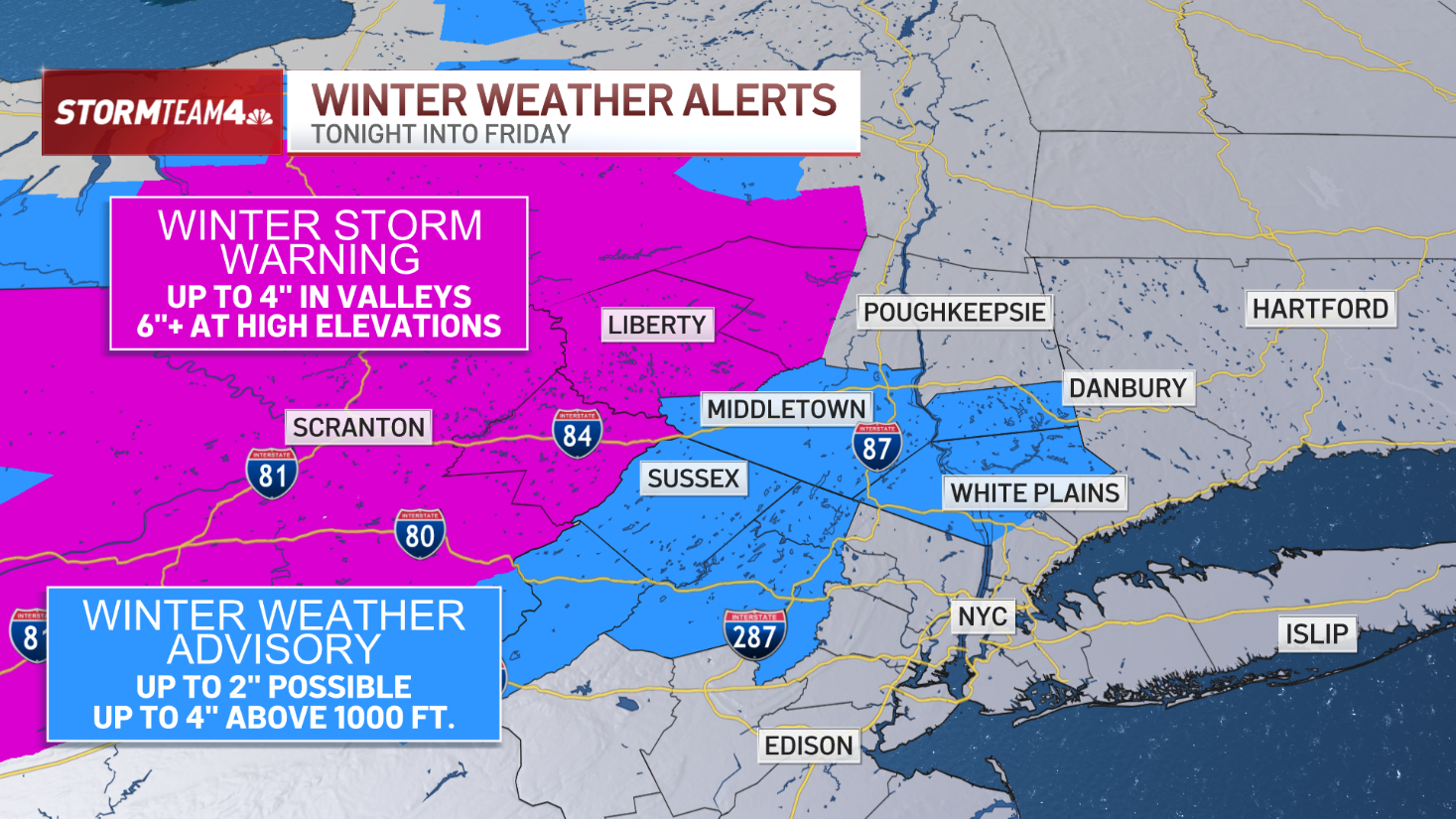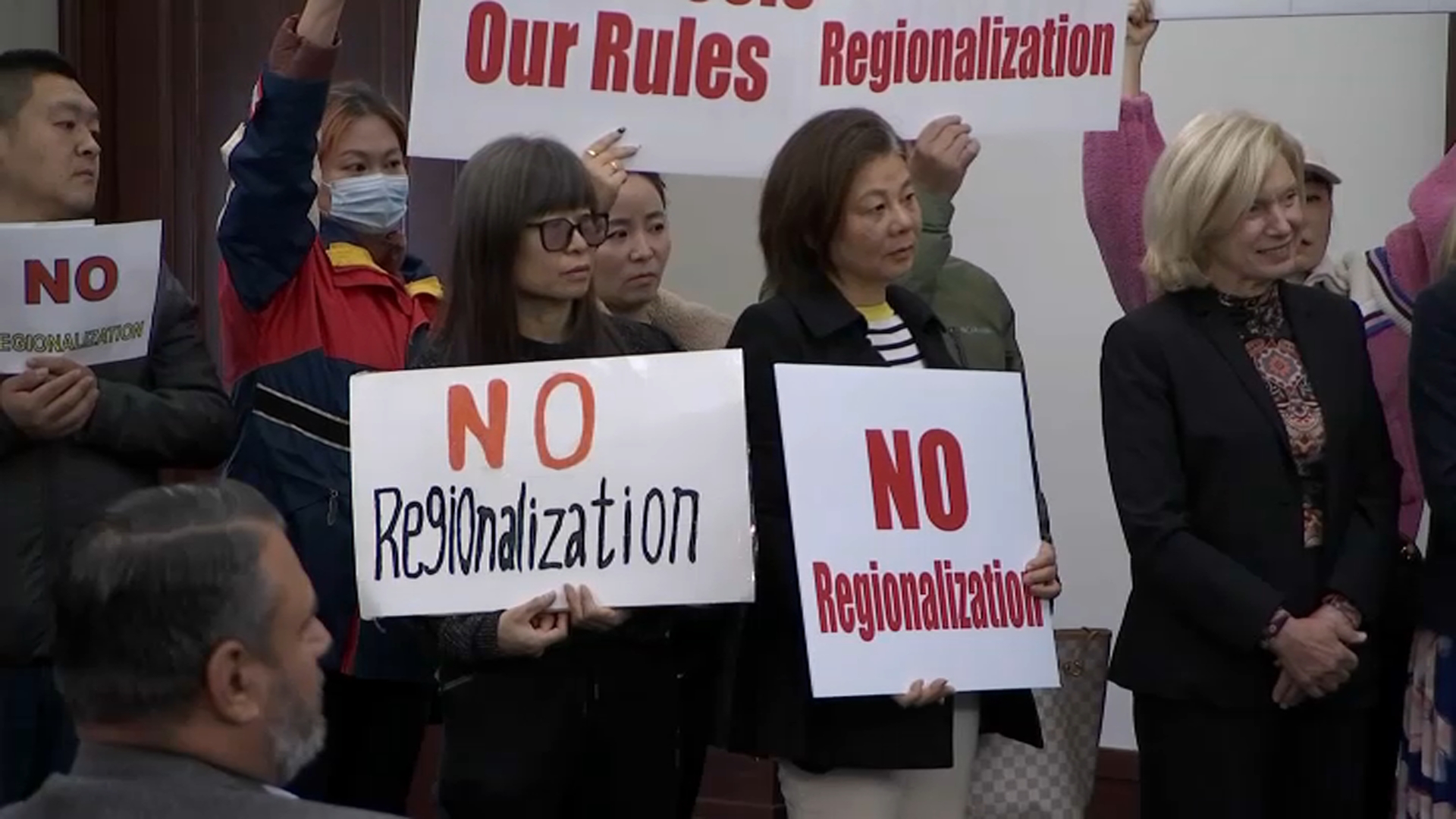What to Know
- Officials say the night judges have been approved to go home early when defendant volume is low
- They say the judges are seeing defendants much faster than they did before the early adjournment policy took effect
- Advocates say taxpayers are paying for judges to work full shifts, and defendants ready to be arraigned shouldn't be left waiting
After an I-Team investigation discovered Queens judges routinely closing night court early, law enforcement officials and lawmakers have emerged to oppose the policy, which sometimes leaves defendants stranded in jail even though they are ready to be arraigned.
"There is no question that some defendants are being held in custody overnight as a result of the early closure of Queens night court," wrote Queens District Attorney Richard Brown. "Our office -- together with the New York City Police Department - vigorously opposed the early closure of night court when it was first proposed and we continue to oppose it today."
Over the course of about a month, I-Team cameras caught courthouse doors locking well before the official 1 a.m. closing time. In one case, doors locked at 11:27 p.m. On another night they locked at 11:15 p.m. On yet another night, court officers closed the building at 10:58 p.m. The judge adjourned court and went home before 10 p.m.
The New York State Office of Court Administration confirmed that for about the last six years, night court judges in Queens have been given the discretion to adjourn early on Sunday, Monday, Tuesday and Wednesday nights when the flow of defendants is lightest.
Lucian Chalfen, a spokesman for the court, said Queens judges have improved on a record of getting defendants to arraignments quickly.
"In Queens County it typically takes about three and one-half hours to arraign a case after the case is docketed – a 5 percent reduction from last year," Chalfen wrote in an email to the I-Team.
Local
Despite that statistic, Helen Weinstein, who chairs the NY Assembly Committee on the Judiciary, said she is asking court administrators to review the go-home-early policy.
"No judge should be leaving the bench early if there's somebody who could be arraigned that night," Weinstein said. "In probably the overwhelming majority of cases, the person is going to be arraigned and sent home."
Despite the growing chorus of criticism, the Office of Court Administration stopped short of forcing judges to work their full eight-hour shifts. Instead, Chalfen said judges are getting a reminder not to strand defendants in courthouse holding cells.
"We have reiterated to all judicial and non-judicial personnel that all cases delivered to the court and ready for arraignment must be seen before adjourning court for the night," Chalfen said.
But advocates for the accused say, even when there are no defendants presently waiting to be arraigned, a judge who leaves at 10:30 p.m. or 11 p.m. cannot be certain defendants won't arrive and become ready to go before a judge in the hours and minutes left before 1 a.m.
State Sen. Daniel Squadron, a Brooklyn Democrat, said closing court early may be against state law.
Squadron has already proposed legislation to assure defendants get a speedy trial. He said legislation should not be necessary to stop judges from going home early.
"In this case, it looks like the law already suggests this shouldn't happen. You should be getting folks to arraignment as quickly as possible," Squadron said.
Although the NYPD declined to make its own statement addressing early closures of Queens night court, a police spokesman confirmed the NYPD agrees with the Queens district attorney.
District Attorney Brown not only criticized judges for the go-home-early policy, he alleged public defenders in Queens were in favor of the early closings even though their clients would potentially suffer.
“[T]he public defender organizations supported the shorter hours despite the fact that it would delay the arraignment of their clients,” Brown wrote in the statement.
Tina Luongo, Attorney in Charge of Criminal Defense for the Queens Legal Aid Society, flatly denied Brown’s claim.
“We reject this blatant attempt to scapegoat our staff,” Luongo wrote in a statement to the I-Team. “Our dedicated public defenders always have been and always are ready to work until 1 a.m. or after if need be. It is outrageous to question their advocacy for their clients.”
The I-Team reached out to the borough's other public defender organization, Queens Law Associates, but the group did not immediately respond to the request for comment.



